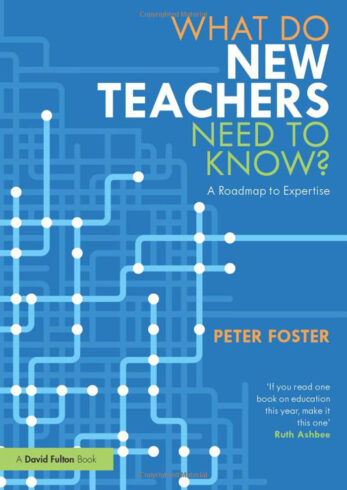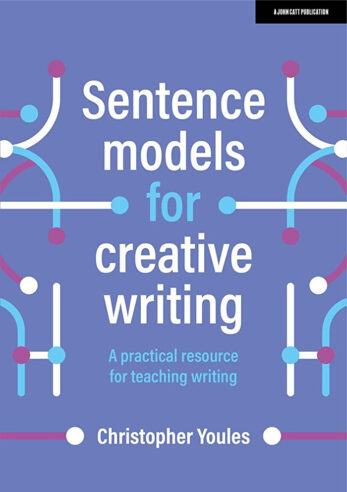A culture of fear
Tensions ran high following Amanda Spielman’s appearance on the BBC this Sunday morning for an interview with Laura Kuenssberg. The conversation surrounding Ofsted quickly went viral, with a slew of angry tweets from educators questioning Ofsted’s ability to operate effectively following the death of headteacher, Ruth Perry and renewing calls for a pause in inspections.
While Spielman admitted that an Ofsted inspection does create a culture of fear, her claim that only the most senior staff are impacted was utterly ill-judged and misinformed. Teacher, Jon Biddle tweeted that the comment “just demonstrates that she has literally no idea how either schools or inspections operate.”

The primary school I govern was recently inspected, and the process impacted every facet of the school, from the senior leadership team to teaching assistants and governors. While the inspection itself went very well and resulted in a positive outcome, the overall experience was extremely stressful for staff and governors alike, who also required briefings ahead of a meeting with the inspector during the two-day visit.
I decided to become a co-opted governor because schools must be held to account. In my view, there should be a process for understanding which schools need support rather than a system for benchmarking the high-performing ones. As Twitter user and headteacher for ten years, The Thinking School tweeted: “We have never felt such financial pressures. The pressure of Ofsted has never been so great. Expectations […] have never been higher. Teacher wellbeing has never been lower. Something needs to happen. And fast.”
However you look at it, the chasm between Spielman’s version of events and the sector’s response shows the Ofsted inspection process must be reviewed promptly to rebuild trust.
Transgender guidelines
On another highly contentious topic, The Times reported this week that schools will have to inform parents if pupils changing gender start using a new name or wearing a new uniform.
From a governance perspective, safeguarding always takes precedence. However, the proposed new guidance leaves teachers in a somewhat precarious position: informing parents could give rise to a safeguarding concern of a different nature, especially for children who might not have had conversations with their parents.
The Safe Schools Alliance opined that schools should be working in partnership with parents and accused The Guardian of undermining safeguarding with an article sharing teachers’ concerns that the new guidance ‘could put children at risk.’

Meanwhile, another campaign group, UsForThem welcomed the new guidance outlined by Miriam Cates MP as “sensible”, and some teachers voiced their support for it. Shivan Davis, explained the need for it thus: “Teachers are not psychologists. Teachers are not medical experts. Teachers are not social workers.” Joe Lane added: “… it’s not just the secrecy, it’s schools using materials and organisations that actively push the trans agenda, with teachers apparently eagerly (or through fear of being branded transphobic) supporting it.”
Single-sex schools
The new guidelines are also rumoured to recommend that single-sex schools should reject transgender pupils. One parent, Celine Guillet tweeted “My daughter is in a girls only school and there are several trans kids. Numbers are much higher than before. […] They’re teenagers, they experiment. They’re given the space to do so. Staff and peers respect it.”

Nevertheless, two recent stories demonstrate the need for guidelines. First, a row erupted last year when the Girls’ Day School Trust (GDST), where my children attend, announced its decision not to admit transgender girls, prompting Nadia Whittome, MP to accuse the trust of hiding behind the Equality Act and the trust’s CEO, Cheryl Giovannoni to reassure trans pupils already at the school that they could remain for as long as they wished. Separately, a teacher at a private girls’ school was reportedly forced to apologise for calling their pupils girls without consideration for those using alternative pronouns.
Governors have a responsibility to safeguard and to protect the health and wellbeing of all children at their schools. Here’s hoping this long-overdue guidance will enable them to do just that.







Your thoughts